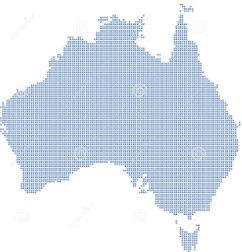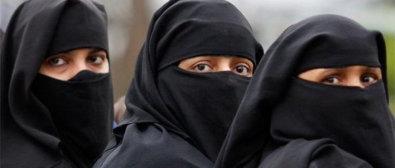
2 minute read
Marianne and The Motto of the Republic
Golda Meir ’s Story
By Shaked Eckhaus
Advertisement
Golda Meir was an Israeli stateswoman, politician, teacher and kibbutznik. She served as the fourth prime minister of Is‐rael. Golda Meir was born on the 3rd of May, 1898, in Kiev, Ukraine. She died on December 8th, 1978, in Jerusalem, Is‐rael. When she was 8 years old, her family immigrated to the United States. She was raised in Milwaukee, Wisconsin and she joined a zionist youth movement, got married to Morris Myerson, and immigrated to Palestine along with joining Kib‐butz Merhavia in 1921. 3 years after that, she decided to move to Jerusalem, and began a series of positions as an of‐ficial member of the Histadrut (general federation of labor) and became a member of its “inner circle”. Golda remained an ac‐tive member for the next three decades and participated in trade union and welfare programmes, Zionist labor organiza‐tion and fund raising abroad and later on in many political roles. Golda Meir always wanted to achieve everything she could. In 1946, she replaced Moshe Sharett as acting head of the polit‐ical department of the Jewish Agency, until the establishment of the state in 1948. Golda wanted peace, and decided to ar‐range a secret meeting with Jordan’s king, Abdullah, on the evening of the Arab invasion of Israel in 1948. She attempted to reach a fair agreement and avoid war. Unfortunately, the meeting was unsuccessful. She didn’t end her career there. She was appointed Israel’s first ambassador to the soviet union in June 1948, but she only filled this position for less than a year. In the 1949 elec‐tions, Golda was elected as a member of the Knesset and served as Minister of Labor and National Insurance until 1956. She enacted enlightened social welfare policies, provided subsidized housing for immigrants and orchestrated their inte‐gration into the workforce. She also served as the minister of foreign affairs and initiated Israel's policy of cooperation with the newly independent nations of Africa, introducing a cooper‐ation program based on Israel's development expe‐rience, which continues to this day. While she was doing this, she also endeavored to cement relations with the United States and established extensive bi‐lateral ties with Latin American countries. Golda was chosen to fill the Prime Minister position, after the death of the former Prime Minister, Levi Eshkol in 1969. She led her party to victory in the elections that took place in October. Not a long time after she took office, the war of Attrition ended in a cease-fire agreement with Egypt. After that, there was a three-year period of tranquility, which was then broken in October 1973 by the Yom Kippur War. This war was a really big surprise, but Golda man‐aged to show great leadership in handling the situa‐tion by securing an American airlift of arms while standing firm on the terms of disengagement-offorces negotiations and rapid return of POWs. Golda Meir resigned in mid-1974. She decided to begin to write her memoirs. Throughout the years, she has managed to make a huge impact on politics in Israel. Even though she had resigned, she was still present in the Knesset to greet the Egyptian president, Anwar Sadat, on his historic visit to Jerusalem in November 1977.







